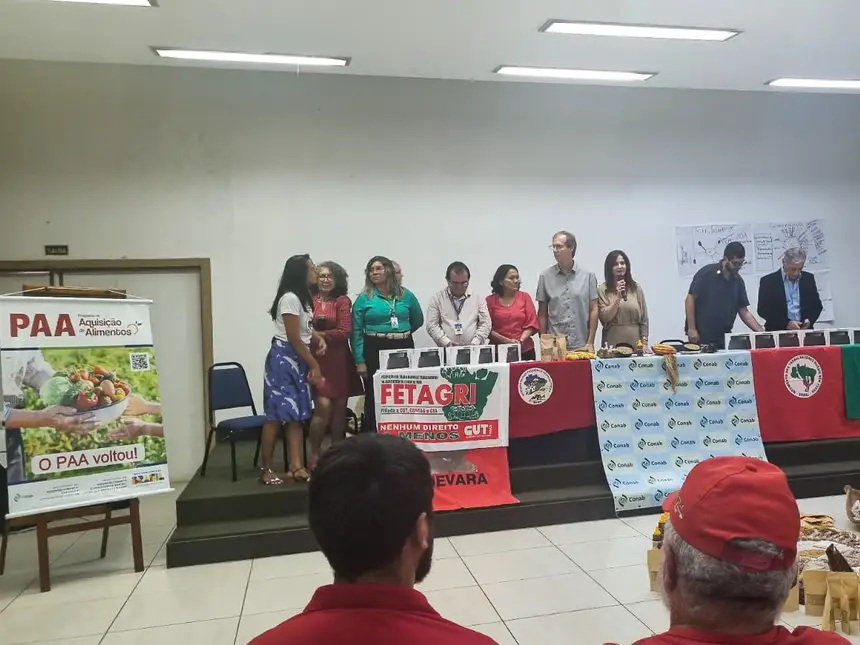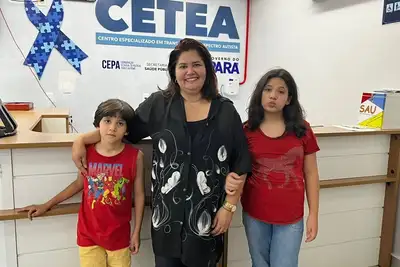Emater encourages the rice production chain in family farming and traditional populations
Actions integrate partnership between the Government of Pará and the Federal Government
In partnership with the Federal Government, the Government of Pará, through the State of Pará Technical Assistance and Rural Extension Company (Emater), is coordinating incentive actions for indigenous and quilombola communities to resume rice planting or start the activity commercially.
The objective of the interministerial Program Arroz da Gente, which has just been officially launched in Pará by the National Supply Company (Conab), is to revive the rice production chain through family farming as a whole, with a focus on indigenous peoples and traditional communities, after a historical hiatus mainly caused by lack of access to technologies and marketing opportunities. The Program is led by the Ministries of Agrarian Development and Family Agriculture (MDA) and Development and Social Assistance, Family and Fight Against Hunger (MDS).
“We see rice as a key element of food culture, in terms of subsistence and nutritional security, because it is a product that is part of the daily life of Brazilians and is included in the basic food basket as well as school meals,” explains Emater's technical coordinator, veterinarian Cristiane Corrêa, who holds a master's degree in Family Farming and Sustainable Development.
On behalf of Emater, Corrêa participated in the launch event of Arroz da Gente in Pará, on June 27, at a ceremony in the Beira-Rio hotel hall, in the Guamá neighborhood of Belém.
According to Emater's execution and planning reports, there is immediate potential to revive tradition in municipalities such as São Sebastião da Boa Vista, in Marajó, and in Santa Luzia do Pará, in the Rio Caeté. Data indicated by social movements, such as the Landless Workers Movement (MST), should be associated with Emater's Technical Assistance and Rural Extension Activities Monitoring System (Sisater), in order to align demand and perspective.
Institutional partnership
A technical cooperation agreement (act) between Emater and Conab is expected to be signed later this month to mobilize families interested in cultivating traditional and agroecological rice, both in floodplain and upland areas, with low environmental impact, to meet the demands of institutional markets, such as the Food Acquisition Program (PAA).
The superintendent of Conab in Pará, Rosanna Vallinoto, explains some guidelines: “Support for promotion, productive structuring, recovery, multiplication, seed exchange, marketing, and the entire production segment - as well as equipment for storage and processing. The aim is to facilitate access to technologies that can be adapted to the reality of each place - small machines, harvesters, and the construction of small silos and dryers, so that farmers can produce, process, and store the product,” she details.
According to the manager, Emater's role is important for government programs: “Because Emater can reach our audience, which is family farmers, directly, conceptually, and in person, supporting production and the planting of food products that go to the people's table,” she says.
Text by Aline Miranda










